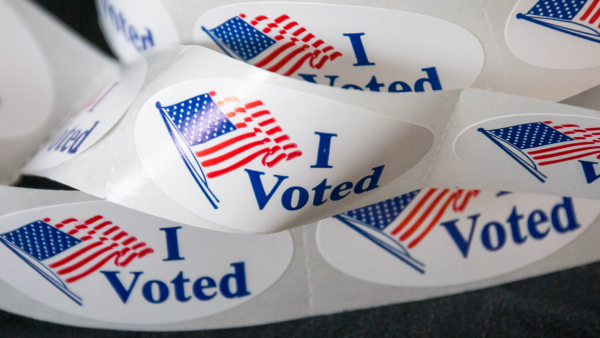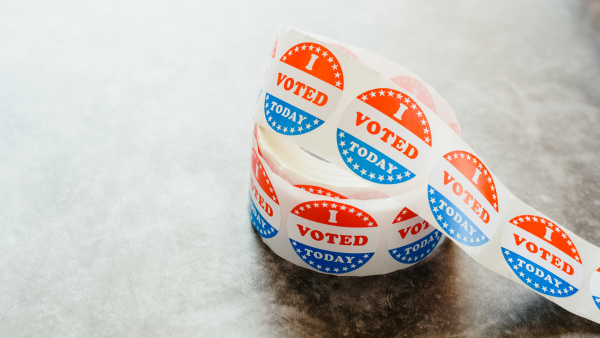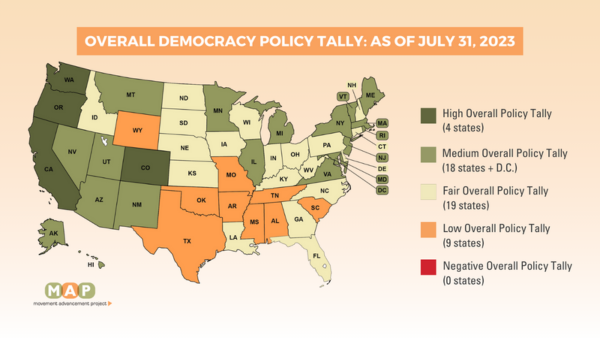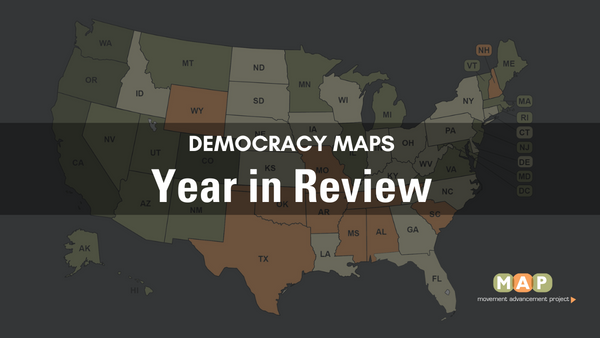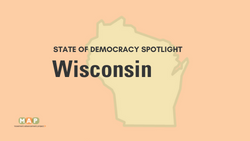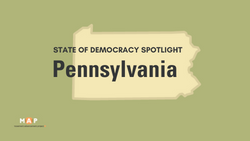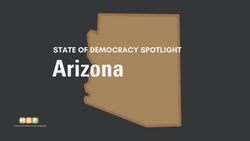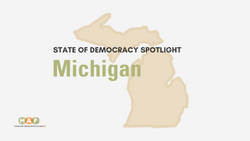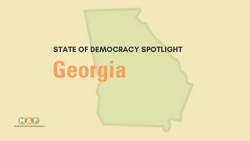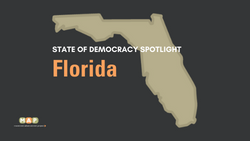The resources on this page contain state spotlights with overviews of the voting landscape, and key issues from past general elections. These spotlights outline policies that impacted what voting looked like in a number of battleground states and summarize how voting and election laws have changed since the 2020 election, for better or for worse. In advance of the 2024 election, MAP’s state spotlight series — included below — detailed voting and election policies in Georgia, Arizona, Nevada, and Pennsylvania, including policies that
impact who votes, policies that
impact how to vote, and policies that
protect the vote.
.png?1730209237)
Brief
2024 Election Policies Preview: Pennsylvania
October 2024 - In advance of the 2024 election, MAP’s "Election Policy Previews" detail key states and their policies that impact who votes, impact how to vote, and protect the vote. This brief features Pennsylvania.
.png?1730209117)
Brief
2024 Election Policies Preview: Nevada
October 2024 - In advance of the 2024 election, MAP’s "Election Policy Previews" detail key states and their policies that impact who votes, impact how to vote, and protect the vote. This brief features Nevada.

Brief
2024 Election Policies Preview: Arizona
October 2024 - In advance of the 2024 election, MAP’s "Election Policy Previews" detail key states and their policies that impact who votes, impact how to vote, and protect the vote. This brief features Arizona.
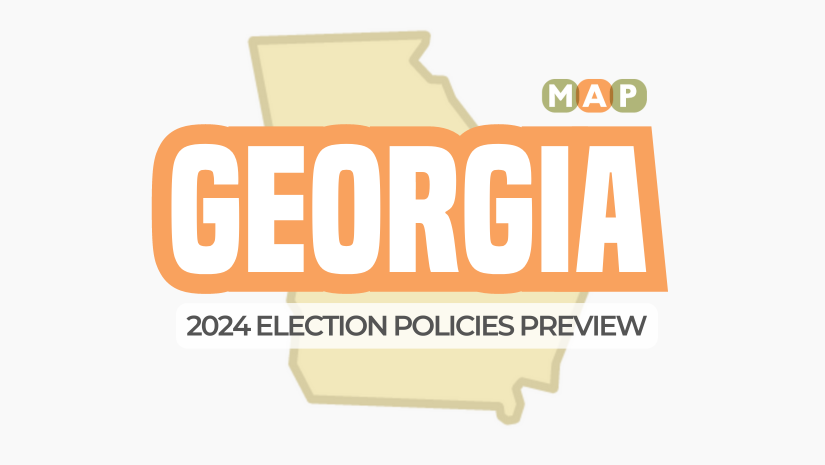
Brief
2024 Election Policies Preview: Georgia
September 2024 - In advance of the 2024 election, MAP’s "Election Policy Previews" detail key states and their policies that impact who votes, impact how to vote, and protect the vote. This brief features Georgia.

.png?1730209237)
.png?1730209117)


